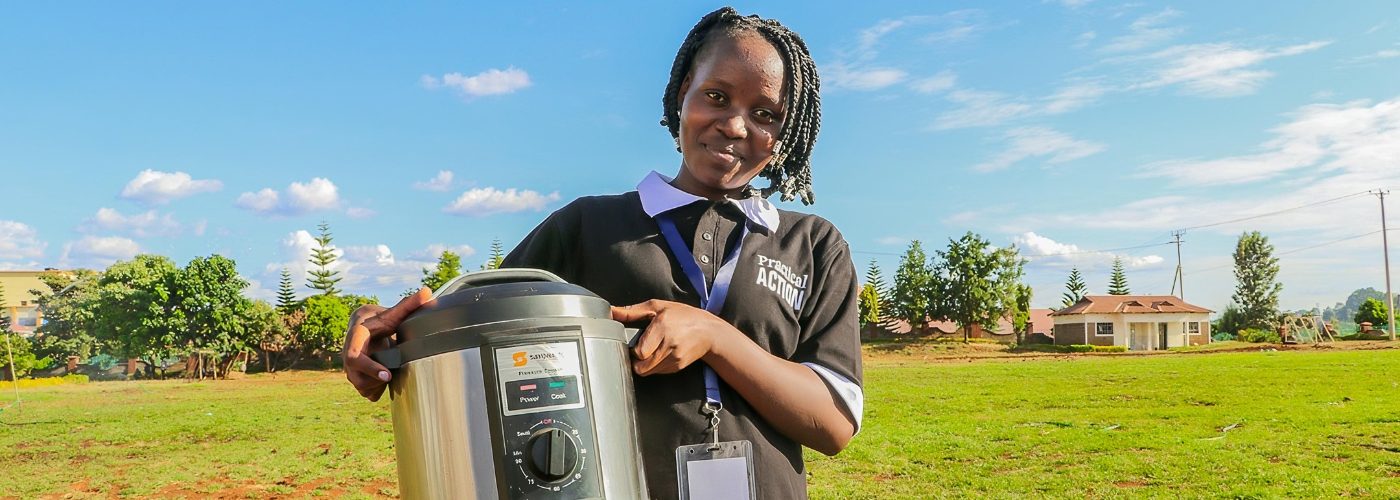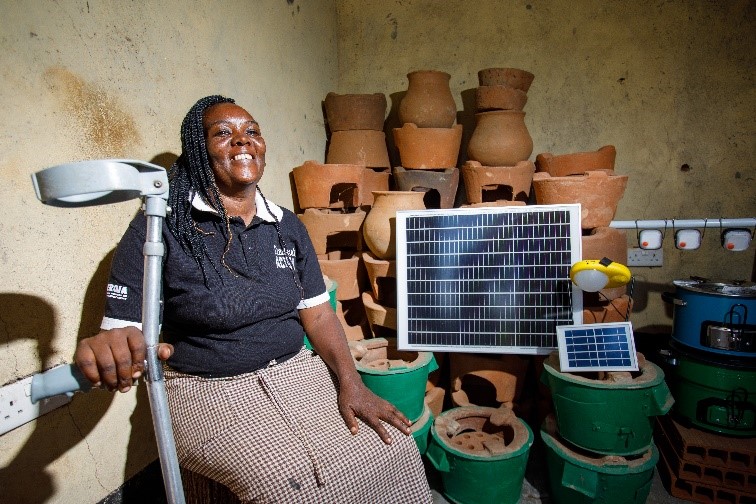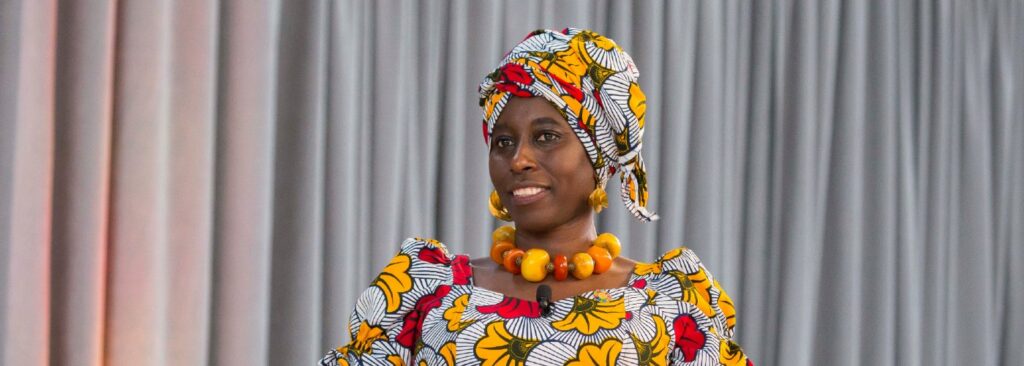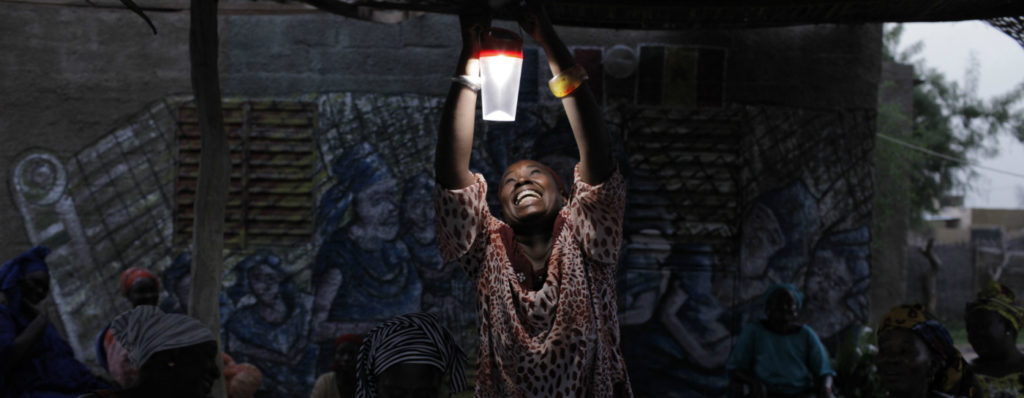In three counties surrounding Mount Kenya, an entrepreneurial revolution is transforming lives and addressing climate change. ENERGIA’s Women in Energy Enterprises in Kenya project, also known as WEEK 3, is lighting up more than homes—it’s illuminating the path toward a more inclusive and sustainable energy future.
Supporting women entrepreneurs
Spearheaded by Practical Action Kenya and funded by Sida, WEEK 3 supports over 400 women entrepreneurs in the energy sector, which has traditionally been dominated by men. Working in both energy enterprises and Productive Use of Energy (PUE), they receive training, mentorship, access to finance and market linkages under the project. From solar lamps to improved cookstoves, their ventures bring clean energy technologies to last-mile communities, benefiting over half a million people so far. This is significant in a region affected by deforestation for firewood and charcoal.
Mentorship has also strengthened the entrepreneurs’ other skills, with 255 women reporting that they are now making important household decisions, 152 making decisions on how to spend income from the business, 99 spending income earned on themselves, and 89 reporting much greater confidence in their ability to negotiate.
Advocating for gender equality on the county and national level
WEEK 3 goes beyond individual empowerment. It works with and lobbies national and county governments to mainstream gender in their energy policies and budgets. The impact of these advocacy efforts is tangible in two of the project’s counties. Embu County now boasts a gender-sensitive County Energy Plan, and Meru County has waived fees for marketing activities by energy entrepreneurs. Additionally, project-supported women entrepreneurs are now involved in county committees and in decision-making.
Even at the national level, WEEK 3 is creating ripples. The project has helped Semi-Autonomous Government Agencies (SAGAs) in the energy sector, as well as the Ministry of Energy and Petroleum and two renewable energy companies, develop Gender Action Plans, appoint gender champions, and sensitize leadership on the importance of gender equality.
Impact by the numbers
- 298 employees paid by women entrepreneurs supported by the program.
- 112,769 modern clean energy technologies benefiting 581,610 consumers in last-mile communities.
- Over $27,000 USD in credit secured by women energy entrepreneurs from financial institutions and $4,200 USD mobilized from Village Savings and Loans Associations formed by the women.
- 7 partnerships established with clean energy companies and associations to promote gender, energy, and climate actions.
In the spotlight: Jecinta Maina
Meet Jecinta Maina, one of the women entrepreneurs from Embu County. WEEK 3 trained her how to keep accurate business records and manage her business finances. Additionally, Jecinta is being mentored and trained in confidence building and negotiation skills.
In particular, her marketing strategy has improved, enabling her to attract and retain more customers. Jecinta has also diversified into cleaner and more efficient modern cook stoves and solar products besides the clay-lined cookstoves she was selling before WEEK 3’s training.
Clean energy and new possibilities
Kenya’s energy future looks brighter and cleaner thanks to women like Jecinta, who are not just participants in a project but pioneers of a movement—lighting the way for generations to come.
WEEK 3 isn’t just about clean energy; it’s about illuminating possibilities. It’s about addressing inequality and breaking free from both cycles of poverty and environmental degradation. As these women entrepreneurs grow stronger, so do their communities, proving that when women lead, everyone benefits.





